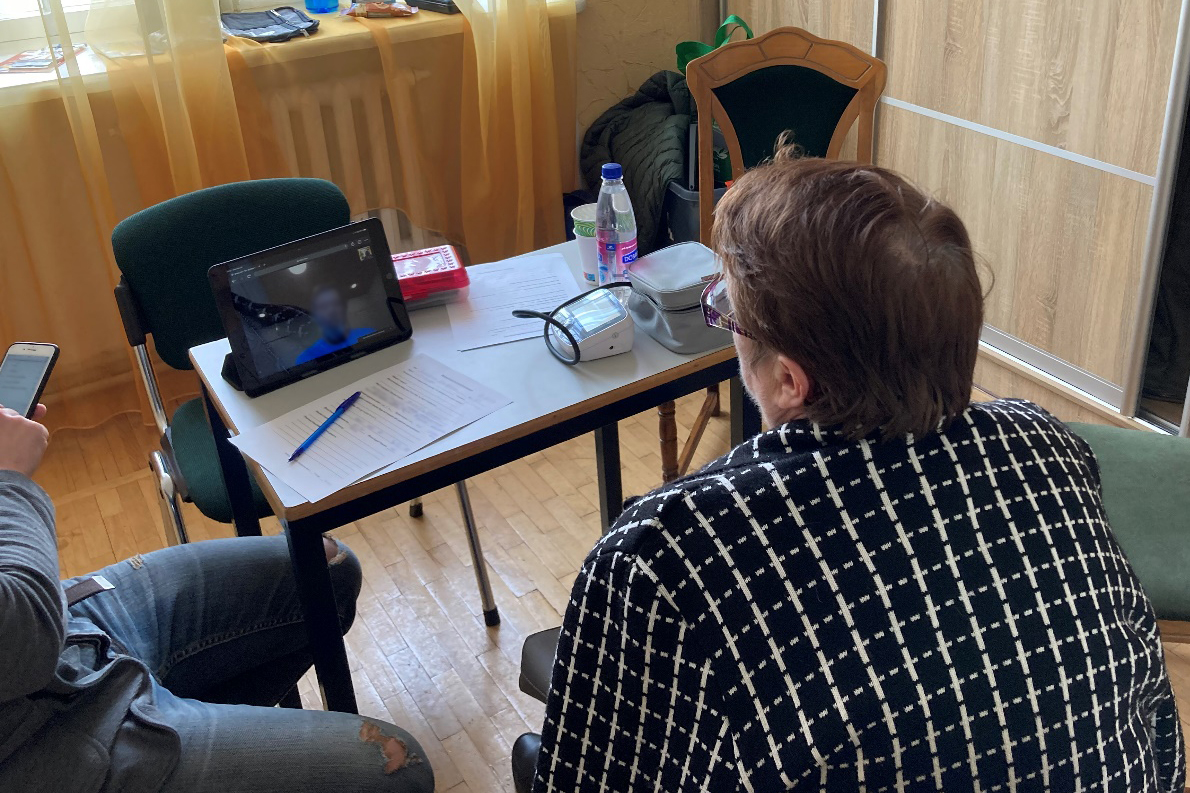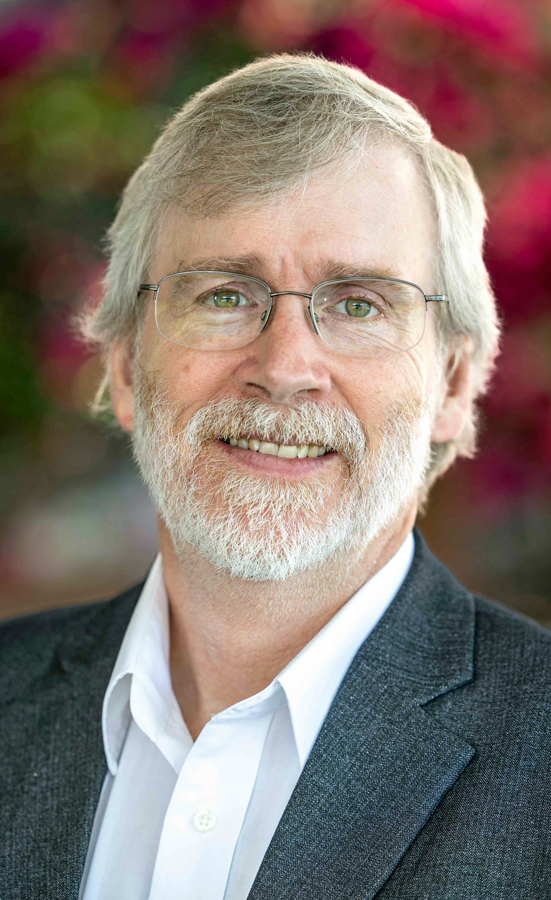During the COVID pandemic, people became familiar with video to access medical care. After the pandemic, seeing that telemedicine was effective, the International Mission Board started exploring telemedicine to serve people in hard-to-reach world locations, according to Dr. Tom Hicks, the director of Global Health Strategies. He’s based in the Richmond, Virginia, area and helped the group “put together telemedicine kits, to be able to distribute them to our field teams around the world,” with the purpose of being able to “do a quick telemedicine clinic – just like your regular volunteer medical clinic – that you might go on when you do a mission trip, to be able to deploy very quickly without needing to worry about a visa or an airplane ticket.”
The technology currently available “it’s really quite amazing,” explains Dr. Hicks. “I’m a pediatric nephrologist. I like technology anyway, but this tech is really pretty impressive.”
How it works
A Christian medical volunteer in the States “can get a blood pressure” readout from a patient thousands of miles away. “Just put the blood pressure cuff on – and then the doctor in the U.S. is sitting at their computer and can read that. To me, what’s even more impressive is the stethoscope. A nurse or a trained person overseas can lay the stethoscope on the chest, and the doctor in the U.S. can listen to the heart, diagnose murmurs,” and even record an EKG.
How are areas to be served chosen? “We’re looking at places that have a need, that there might be an infrastructure problem so there’s not a healthcare system. Or the healthcare system has been overwhelmed by a massive refugee movement or something like that.”
(hear our full interview – podcast)
Churches in other countries work hand-in-hand with the telemedicine doctors, with encouraging results
One success case involved an 11-year-old girl. “She had this pretty severe seizure disorder, and the local system couldn’t care for her.” Her father, who is a witch doctor, “had done what he could do for her, and nothing was working – to the extent that this little girl was kind of marginalized in her own family. In order to keep her safe, they even had her chained, kind of, to a tree so she wouldn’t hurt herself when she had a seizure.” Seeing that he was powerless to help his daughter, “This witch doctor went to the local church and asked for prayer for his daughter. And the church did pray for her and connected them with some of our International Mission Board personnel in the area. Fortunately, one of them was trained in our telemedicine, and so they brought the equipment and did some testing, connected with a U.S. consultant, and were able to diagnose and begin treatment.” The result? “This gives the little girl back her life! Because now she can go to school. She can interact normally as long as she’s taking her medicine. And it really made a big difference in the life of that family.” The child now attends a local church and she prays for her father to accept Christ.
Dr. Hicks is confident his team can help with the physical needs of people, “but the greatest need is lostness (not knowing Christ) …the greatest problem in the world is people who don’t have access to the Gospel, and so we want to find ways to get that into all of our ministries. With telemedicine it’s no different. A patient will hear the Gospel as they’re on the intake or they might hear the Gospel as they’re finishing up with the physician. Sometimes the physician, the consultant, in the U.S. can share with the patient, but usually there’s language issues so the national partners in the host country will share with the patient, they can pray with them.” In addition, the medical staff alongside the patient has the opportunity to hear about Jesus in their own language.

Why does Dr. Hicks take part in the complicated administration of this telemedicine outreach? “My concern is how can we be a part of the Lord’s establishing and expanding his kingdom globally? I look at the example of Jesus and I see that most of the time when Jesus is telling people about himself, pointing them to God, he is also meeting their physical needs. As a physician, that’s really how I got called into doing cross-social work and working overseas – so now, at a global level, I’m able to be involved in encouraging our teams, helping to resource them, and helping to think through approaches that would be effective to meet the physical needs, but also effective to meet the spiritual needs.”
The telemedicine kits are being provided by way of donations, and more kits are urgently needed. Here’s more on that.
You may wonder how the American doctors get a prescription for a person they diagnosed in a far-off land. In our complete podcast interview just below you’ll learn about that, along with hearing the heart of a medical professional who loves the Lord that he serves.

